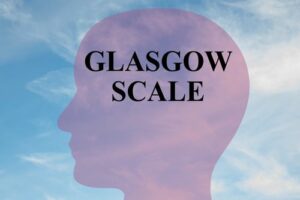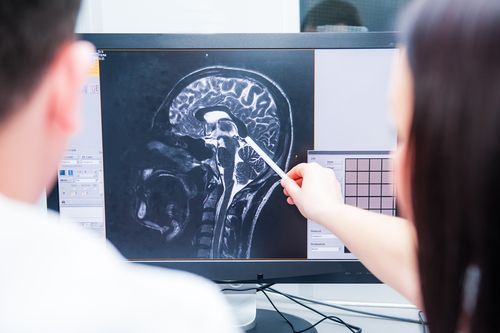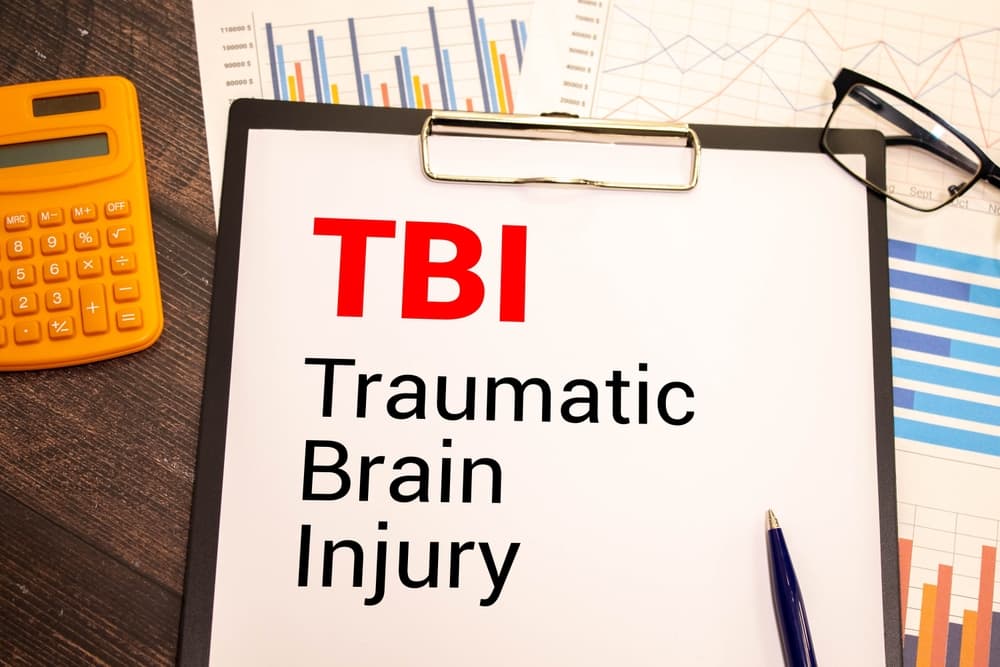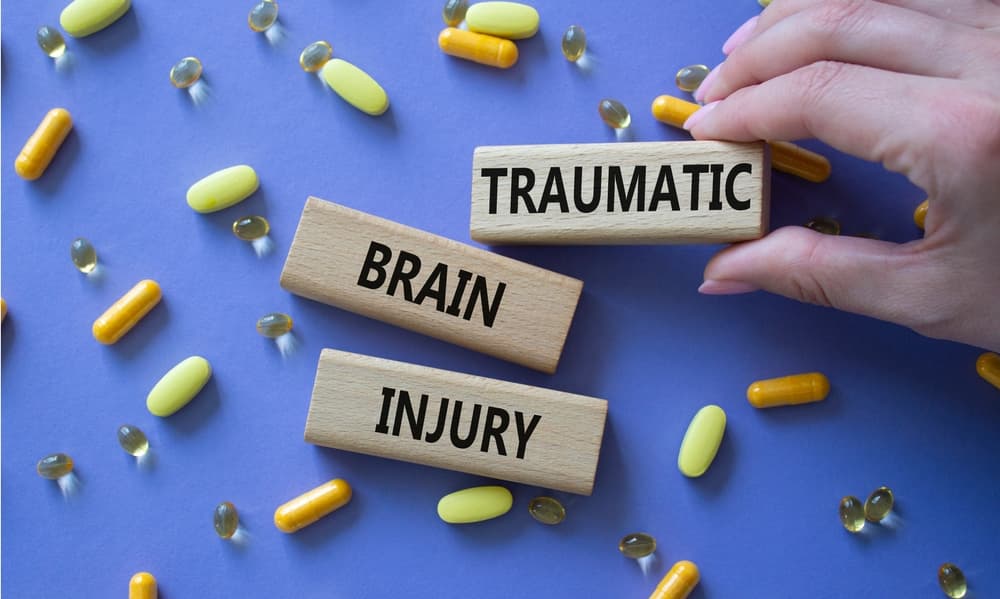
The Glasgow Coma Scale (GCS) is the most common tool used by clinicians to objectively gauge a patient’s level of consciousness following a traumatic brain injury. By use of a scoring system, it is a simple and reliable way to initially assess and keep record of his or her conscious state.
For a free legal consultation, call 516-451-7900
How Does the Glasgow Coma Scale Work?
It’s possible to quickly detect any type of head injury when using the Glasgow Coma Scale. There are three functions that the GSC measures:
(E) Eye Response: Best Score – 4
- Eyes don’t open
- Eyes open to pain
- Eyes opening in response to voice command
- Eyes open spontaneously
(V) Verbal Response: Best score – 5
- No verbal sounds
- Making sounds, not words
- Incoherent words
- Confused (able to coherently answer questions, but disoriented)
- Fully coherent and conversing normally
(M) Motor Response: Best Score – 6
- No movement at all
- Limb extension to pain (arm abduction, internal rotation of shoulder, pronation of forearm, wrist extension)
- Abnormal flexion of limbs to pain (adduction of arm, internal rotation of shoulder, pronation of forearm, wrist flexion – decorticate posture)
- Withdraws to pain (pulls limbs away from pain source)
- Localized response to pain (purposeful movement toward pain – i.e. patient with severe headache holds/touches head)
- Obeying Commands (patient able to complete simple demands)
How to Interpret the Scores
The three individual scores, as well as the total sum, are all considered separately when assessing a patient. You may see the scores documented like so:
- E2V4M6
- E2V4M6 = 12
- GCS 12 = E2 V4 M6 at 4:32 p.m.
Here’s how they are categorized:
- Mild brain injury: 13-15 points
- Moderate brain injury: 9-12 points
- Severe brain injury: 8 points or under
Mild brain injuries may result in temporary or permanent neurological symptoms. Tests such as a CT scan or MRI could possibly show evidence of damage or there may be none.
Moderate and severe brain injuries often result in long-term in cognitive (thinking) and physical impairments. Emotional and behavioral functioning could also be affected. Low scores for severe brain injuries typically indicate that immediate surgical intervention is required.
GCS scores can fluctuate significantly over minutes or hours. A low score doesn’t mean that a patient will never recover and likewise, a high score doesn’t mean that a brain injury isn’t present. Documenting GSC scores will aid in assessing the progression of damage as well as what the prognosis for recovery is.
Click to contact our personal injury lawyers today
GSC Limitations
Here are some limitations of the Glasgow Coma Scale:
- Can prove ineffective for diagnosing mild brain injuries
- Other factors could be affecting level of consciousness being measured:
- Shock
- Low oxygen in blood
- Drugs
- Alcohol intoxication
Complete a Free Case Evaluation form now
The Glasgow Coma Scale and Children
A slightly altered grading scale has been created for use with children called the Pediatric Glasgow Coma Scale (PGCS):
(E) Eye Opening
NT = Not Testable
- Eyes not opening
- Eyes open in response to pressure
- Eyes open in response to voice
- Eyes open spontaneously
(V) Verbal Response
NT = Not Testable
- No sound
- Inconsolable, agitated
- Inconsistently inconsolable, moaning
- Cries but consolable, inappropriate interactions
- Smiles, oriented to sounds, follows objects, interacts
(M) Motor Response
NT = Not Testable
- No movement
- Extension to pain (decerebrate response)
- Abnormal flexion to pain for an infant(decorticate response)
- Withdraws from pain
- Withdraws from touch
- Moves spontaneously or purposefully
Scores are categorized at the same levels as adults, but there is a significant risk of death for an infant who has a combined score that is less than 8.
When a traumatic brain injury occurs due to an accident, understanding your legal options as well as the challenges you may face while living with this condition is essential when determining whether to file a lawsuit to pursue compensation for your injuries.
At Rosenberg & Gluck, LLP an experienced Long Island brain injury attorney will provide compassionate, attentive, and respectful representation on your behalf. For a free case evaluation, speak to one of our qualified lawyers today.








